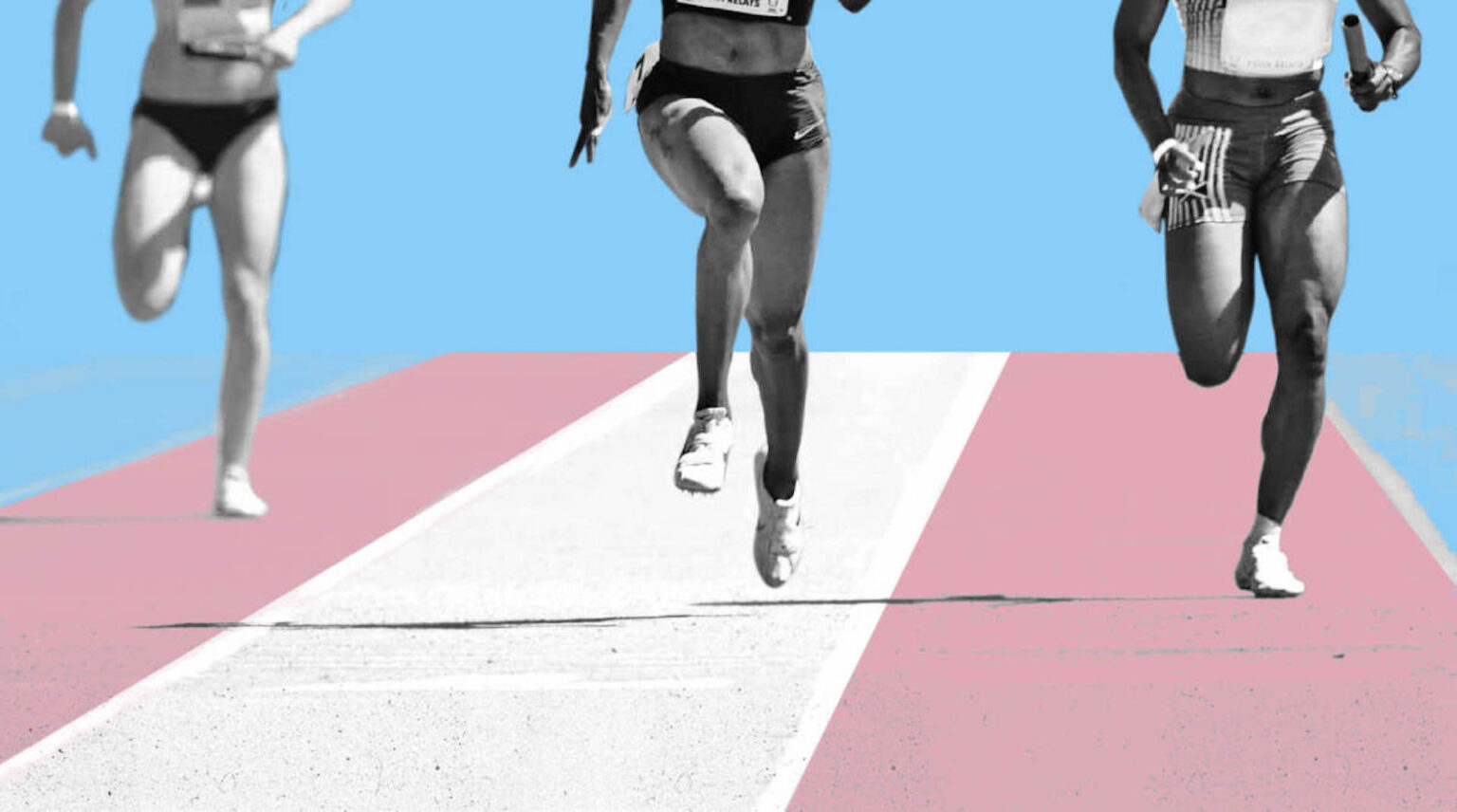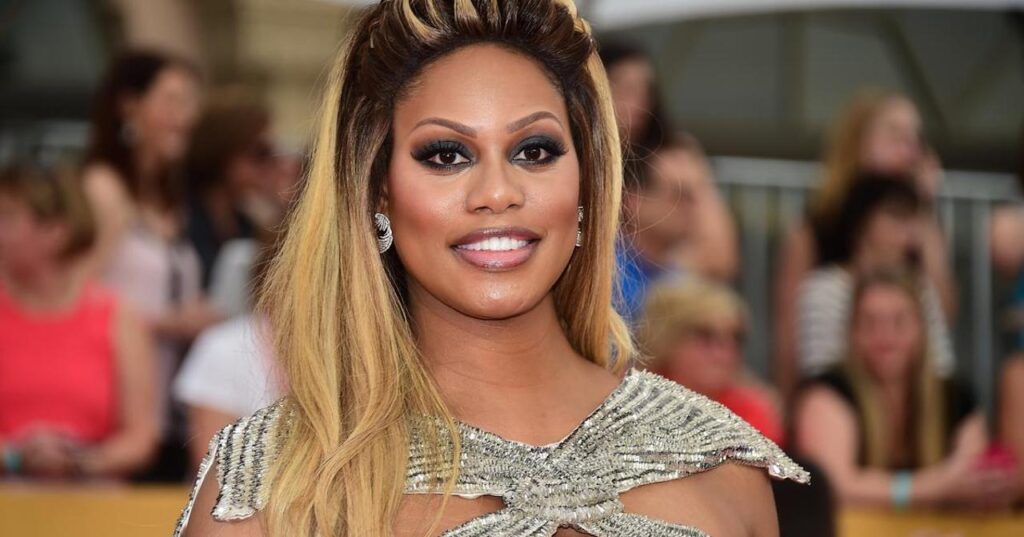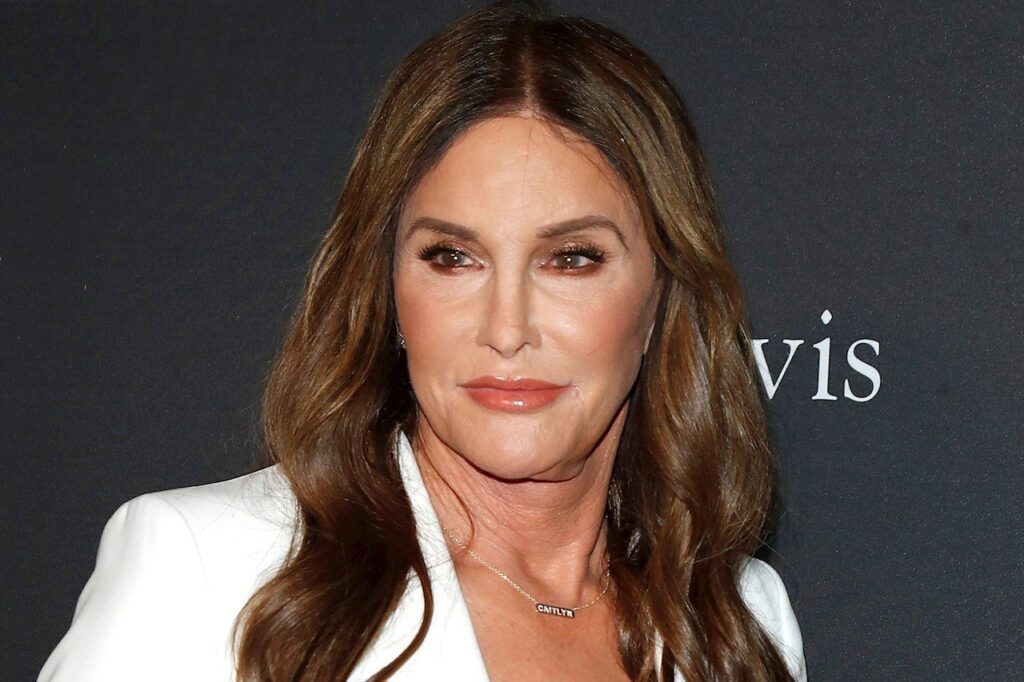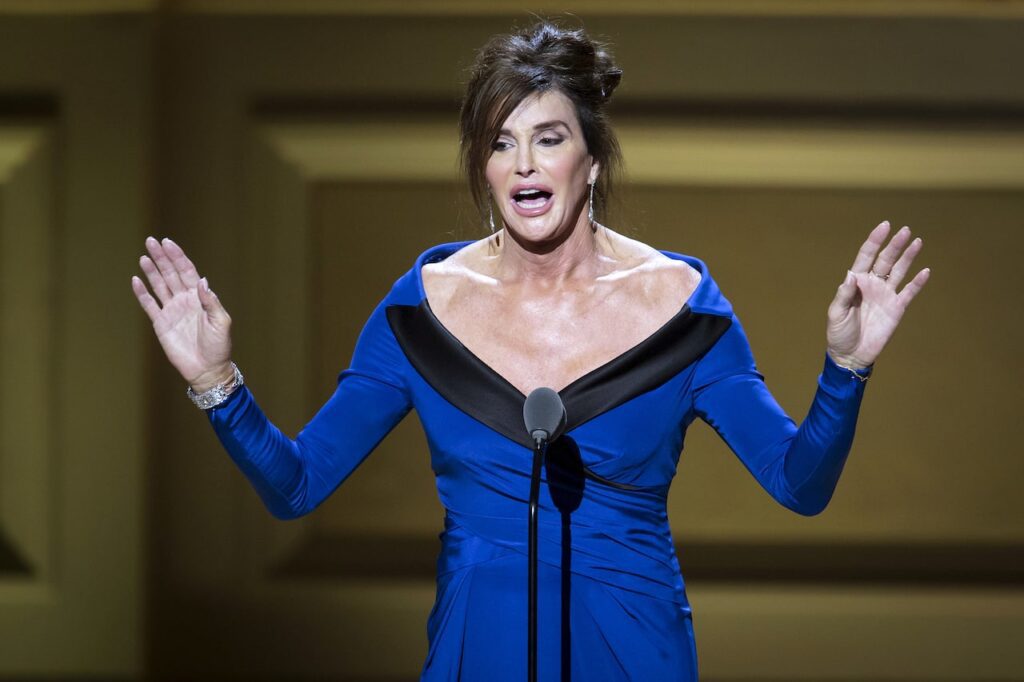
Banning transgender athletes: Is Caitlyn Jenner transphobic?
The T is definitely the hardest letter of all the queer acronyms. Loving someone in a different way from normativity is hard, and prejudices will never go away but living a dissident identity is way harder. Suddenly basic situations like which bathrooms attend to become problematic, and so do professional opportunities, especially when body strength is required.
Recently there has been controversy around trans athletes and the teams they should compete in. To begin, it’s important to mention that not all trans people go through hormonal therapy, and that doesn’t affect the definition of transgender. In fact, the word “transexual” is not used anymore as the willingness to delete the steps of a scale that would define someone as “more trans” based on their treatment.
Some argue that the usage of hormonal treatment might benefit the involved ones giving them an advantage over the other competitors. In the case of trans women, the argument is that they’ll naturally have more strength than their adversaries. This same logic sneaks into beauty pageants, let’s not forget Spanish Eloa Rodrigues, who won Miss Universe in 2019.

Trans definition
Let’s dedicate a whole section to the several terms & definitions this identity has gone through. The urge from queers to name all single identities (that apparently upset straight people so much), comes from the need to have a name to hold on to. When your identity is not normative, it means that you have null, wrong, and small mediatic & historical representation. All this means having a place in the world.
A few years ago the debate spun around being transgender or transexual which difference is basically the usage of hormones and other methods to transition. Today the trans discourse goes through the fact that there are several trans identities that go further than a binary definition. Also, not all trans people have access to all these methods and neither do all trans identities want that.
This is why saying “trans” is the most correct and inclusive way to name all the identities that transit gender. This term is better than “transgender” and abysmally superior to “transexual”. But having the right term & definition is not enough, counting on trans public figures is very important, like Elliot Page, Laverne Cox, and Caitlyn Jenner.

The visibility & statements of trans public figures will always be political even if they don’t intend to. Visibility always translates to power, yet, being part of a vulnerable group won’t necessarily make people fair with it, in fact, they can be entirely the opposite. Caitlyn Jenner has something to say about this whole situation, and sadly it just leaves an unpleasant aftertaste.

Caitlyn Jenner’s point on this
Transgender public figure Caitlyn Jenner has a crucial role in this whole polemic around sports & trans people because she used to be an athlete. Anyway, as we know, the entire Kardashian-Jenner family always finds a way to give people something to talk about. This time we’re not talking about the damaged Monroe dress, but about a transphobic comment.
Recently, Caitlyn Jenner voiced her support for a new policy that looks to ban transgender women from competing in swimming races. “If you go through male puberty you should not be able to take medals away from females. Period,” she posted on a tweet on Sunday.
The official terms of the rule, say that swimming female competitions won’t be open for trans women who had gone through any stage of male puberty. This decision was set by the swimming world governing body and involved 71% of the vote of 152 national federations.

Instead, an ‘open category’ for transgender athletes would be open. However, creating a new competition space for trans people discriminates against them more than it includes them. And trans voices of public figures should be louder than ever.



